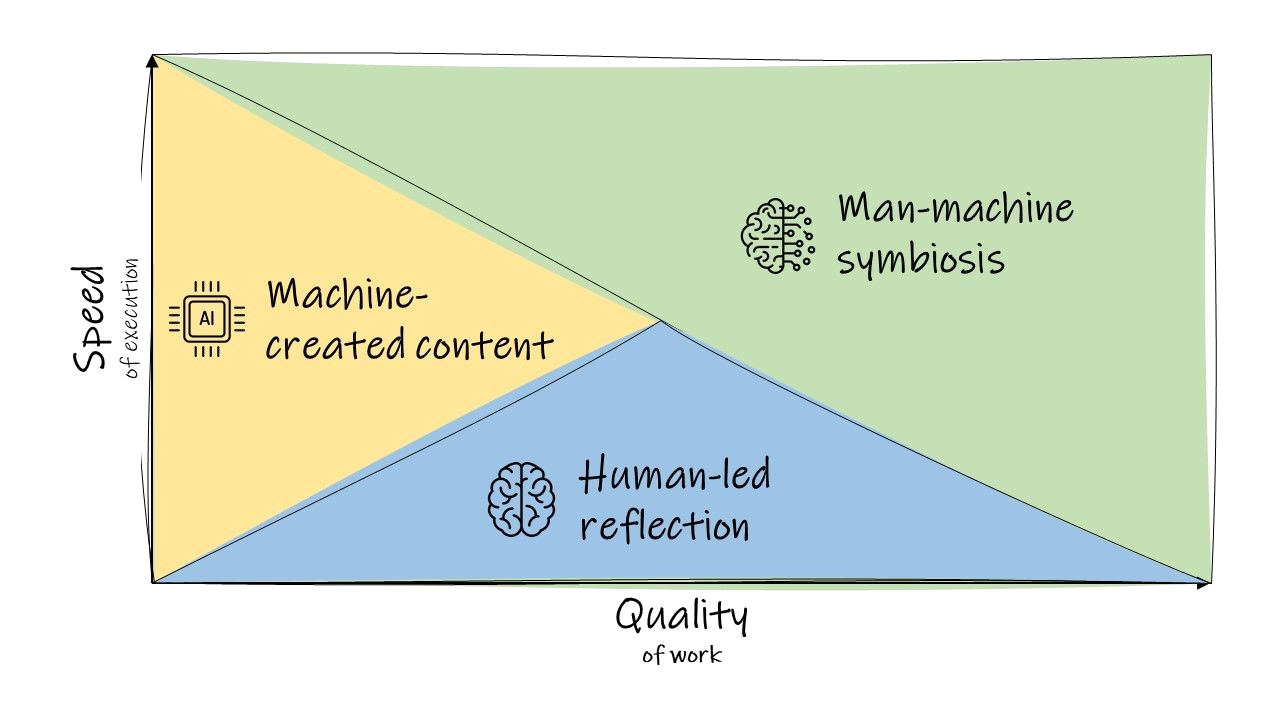__
SPOTLIGHT
From Challenge to Opportunity
Sustainability Presents a €120 Billion Savings Opportunity for Europe’s Fleets
According to Transport & Environment, transport accounts for 29% of total greenhouse gas emissions, making it Europe’s leading contributor to carbon emissions. Despite being the only industry witnessing emissions rise since 1990, many corporate and commercial fleets are slow to adopt sustainability measures, often considering them yet another challenge that adds cost and complexity to their operations. By collectively prioritizing sustainability, however, European fleets stand to save up to €140 billion in fuel costs annually. Such savings could boost the industry’s margins by as much as 6%, making it a business worth investing in again.
__
FUTURE MOBILITY
Open Data Sharing for Better Mobility
The world of mobility stands at a pivotal crossroads, requiring urgent change to reduce its harmful impact on our environment and society while preserving its many benefits. By harnessing the potential of ubiquitous connectivity, artificial intelligence, business model innovation, and vehicle electrification, we can envision a future where mobility is increasingly contextual, multimodal, and fleet-driven. In this future, mobility harmonizes with its urban environment and succeeds in moving more people and goods with fewer vehicles.
This future is supported by a complex ecosystem of traditional enablers, such as vehicle service networks, insurers, and financiers, alongside emerging orchestrators like fleet and transport management solutions, mobility services aggregators, and intelligent traffic systems. Unfortunately, while most of this ecosystem’s building blocks already exist today, the future of mobility remains distant because each player operates in isolation, optimizing within but not beyond their often narrow scopes.
At its core, however, mobility is a complex optimization challenge with many variables and constraints that requires open data sharing across the ecosystem to solve for the optimum. To many companies, data sharing still feels like giving up on some often undefined and future monetization opportunities. However, imagine what we stand to gain, both individually and collectively, if all available data could be used to unlock new value pools that offer radically new products, services, and experiences to people, shippers, and fleets.
Read my latest posts on Future Mobility
From Challenge to Opportunity: Sustainability Presents a €120 Billion Savings Opportunity for Europe’s Fleets (2024)
According to Transport & Environment, transport accounts for 29% of total greenhouse gas emissions, making it Europe’s leading contributor to carbon emissions. Despite being the only industry witnessing…
Bigger, Better, Bolder (2022)
When the Covid-19 pandemic took hold around two years ago, many automotive and mobility companies had to scale down their ambitious future plans to focus on the challenge at hand…
__
ARTIFICIAL INTELLIGENCE
Towards a Man-Machine Symbiosis
Artificial intelligence is often hailed as the next frontier of human development. Despite its tremendous potential, many of us perceive significant challenges on the horizon on matters like the future of work, the concept of intellectual property, and the issue of bias. These challenges often stem from the belief that technology is here to compete with humans rather than to serve and assist us in reaching new heights.
It is true that AI agents can swiftly provide answers to complex questions, create impressive drawings, or compose entirely new songs. However, they lack the creative capacity to generate radically new concepts, struggle to think outside the box, and cannot adapt their responses to an individual’s unique personal or professional context. Consequently, Artificial Intelligence requires active guidance and oversight from humans to achieve its full potential.
Therefore, instead of resisting the ascent of AI, we should embrace this trend and strive to establish a true man-machine symbiosis that combines machines’ speed of execution with humans’ creativity and commitment to quality work. Doing so will enable us to solve problems and create new pockets of value more swiftly and effectively, addressing today’s challenges and opportunities with methods that align with current needs, as the common wisdom goes: “You can’t solve today’s problems with yesterday’s methods.”
Read my latest posts on Artificial Intelligence
Artificial Intelligence: Getting ready for lift-off (2020)
Artificial Intelligence (AI) has been a buzzword in the world of business for a few years now. However, the industry surrounding this new technology has not yet managed to truly break through. With the arrival…
From Cost Center to Profit Center: Revisiting the Value of Today’s Service Centers (2017)
A 2016 study by the World Economic Forum estimates that the Fourth Industrial Revolution will lead to the loss of over five million jobs in 15 developed countries. This report projects that these labor cost savings…

